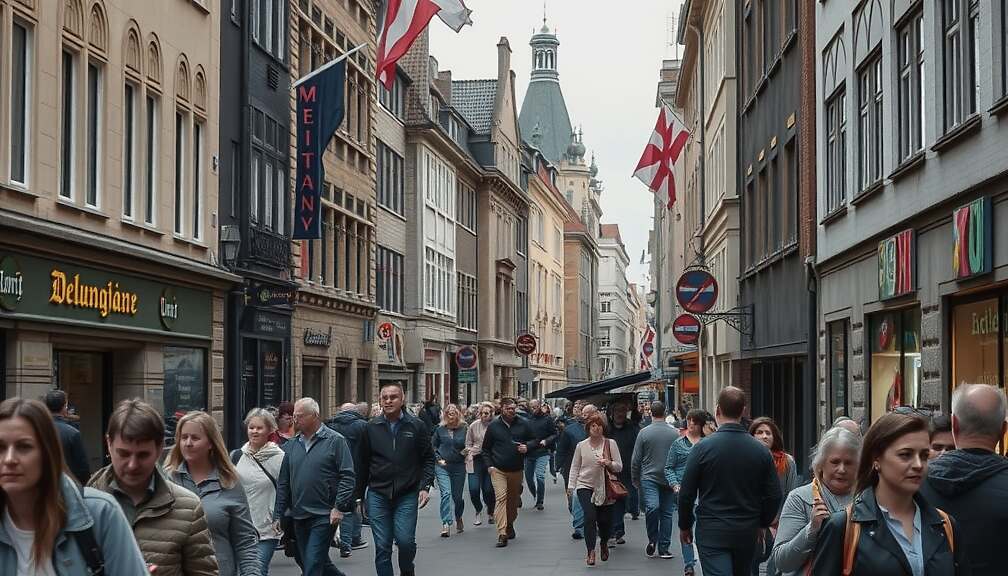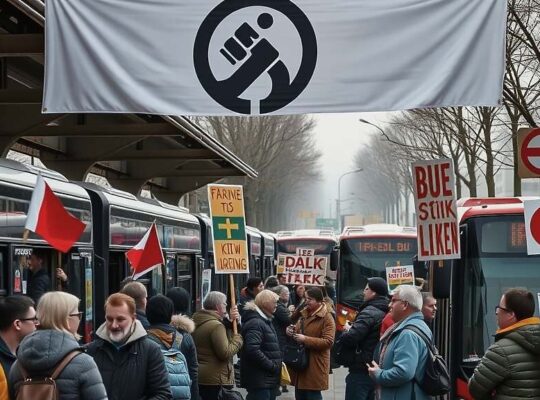The head of Airbnb Germany, Kathrin Anselm, has vehemently denied the platform’s contribution to the country’s escalating housing shortage and soaring rental prices, dismissing criticisms as “adventurous” and lacking empirical basis. In an interview with Funke-Mediengruppe newspapers, Anselm pointed to Barcelona as a counterexample, noting a 25% decrease in Airbnb listings between 2018 and 2024 accompanied by a 40% rise in rental costs. This, she argued, suggested a more complex picture than simply attributing rising prices to short-term rental platforms.
Anselm also challenged the findings of a 2021 study by the German Institute for Economic Research (DIW Berlin), which directly linked Airbnb offerings to increased rental prices. She questioned the methodology employed and alleged the use of flawed data, effectively discrediting the research. As a regional manager responsible for 24 European markets alongside Germany, Anselm insists Airbnb’s impact on the German housing situation is minimal. She advocates for increased construction as the primary solution, suggesting any regulation of short-term rentals should be “evidence-based” rather than reactionary.
The criticism Airbnb faces, Anselm attributes to the disruptive nature of its business model, claiming it’s far easier for politicians to regulate than to tackle complex issues like housing creation, renovation and vacant property management. The inherent simplicity of regulatory action, she suggested, provides a convenient scapegoat for more challenging and long-term systemic problems.
While asserting Airbnb adheres to all existing regulations – highlighting Berlin’s requirement for registration numbers and contact information – Anselm sidestepped concerns about enforcement given strained public resources. When questioned about the effectiveness of oversight, she deflected responsibility, asserting Airbnb cannot assess the appropriateness of permits issued by district offices.
Defending the platform’s impact on hosts’ income, Anselm claims average annual gross earnings for Airbnb hosts are approximately €4,000, with 40% using the income to subsidize living expenses. This portrayal attempts to frame Airbnb hosts as individuals struggling to make ends meet, rather than contributors to a dwindling supply of long-term rental options. However, critics argue this presents a skewed perspective, ignoring the broader impact of removing properties from the traditional rental market and the potential for inflated pricing strategies within the short-term accommodation sector. A commission established by the Federal Ministry of Justice is currently developing proposals for rental law reform, including a review of short-term rental regulations.












